This week marks the 125th memorial day of social reformer Gopal Ganesh Agarkar, who lived a very short life of 39 years - from the 14th of July 1856 to the 17th of June 1895. It's true that presently there is a ban on public gatherings due to the COVID-19 pandemic, but even otherwise, few would have come together to observe this important day. The main reason is that in most cases, after the centennial year of great icons, annual day celebrations tend to peter out.
In Agarkar's case, it's been 65 years since his birth centennial and 25 since his centennial memorial. (After such a long time, those who have seen the great person in action, are no more. Some of the thoughts and works of a person may get normalised, and some may become dated over the years. If there is no organization, movement, sect or political party left behind by the person, fewer and fewer annual events tend to be held). And yet, it would be hard to find a person in Maharashtra who has attended school and, not heard of Agarkar. The great reformist is usually introduced to us in primary and secondary school, even if briefly, with a few lines. But he leaves a lasting impression on our minds.
The question may then be asked... what part of Agarkar's legacy survives, 125 years after his death? To answer that, one must first understand what sets him apart from his great peers, what is his exact contribution, and what part of it is relevant today. Agarkar was preceded by reformers like Balshastri Jambhekar, Lokhitawadi, Justice M.G. Ranade, R.G. Bhandarkar, Justice Telang and Mahatma Jyotiba Phule. His contemporaries were Vishnushashtri Chiplunkar, Lokmanaya Tilak, and Dhondo Keshav Karve. And his successors were G.K. Gokhale, Vitthal Ramji Shinde, and Pandita Ramabai, among others.
This was a long pantheon of the greats - each with a different path, different field, and in some cases differing views. Each moved mountains big and small. Agarkar finds a special place among them.
It is important to know that to understand 20th century Maharashtra, you need a good grasp over the Maharashtra of the 19th century. And only then can you look at the questions of the 21st century, in a balanced and constructive manner. To discuss modern Maharashtra, you need to look at the period after 1818, when the Peshwa regime ended, the Union Jack fluttered over the Shaniwarwada, and British Raj was established.
This was a foreign regime, that was different from the others of the past. It left an indelible impression on politics, society, economics, industry, trade, literature, culture, education, health, the arts, sport, language, fashion, science, technology, and communication. There was hardly any field left untouched by the new rulers. This is because they turned around prevalent thought processes, lending a new depth and width to every field.
It set up a tussle between the old and the new, and between the oriental and occidental. It gave birth to two contrasting streams within society - the conservative or the orthodox and, the reformist. At a time, when there was pride associated with being conservative and social reform was frowned upon, Agarkar decided to name his publication, Sudharak (The Reformist).
To begin with, the term reform was applied to both the political and social realms. But considering political change moved at a tardy pace initially and later, too dramatically, the term reform was rarely used in the political context... On the social front, however, reform became an entrenched phrase and the title social reformer began to gain increasing prestige (one reason for that could be that while a political revolution seemed plausible a social one did not)
Also, social reformism further branched off into so many streams and substreams, and groups and subgroups that one just lost count. The main reason for this division was often religion. The main obstacle in the path of every little 19th-century reform was religion (beliefs and customs).
Religion had a hold on everything - which foods to eat and when, which clothes to wear, whether or not to travel abroad, whether to marry outside community / caste, which professions are desirable, who is entitled to receive education and what rituals to perform on every occasion from birth to death. There was great exploitation of women and underprivileged classes in society. Agarkar was a bitter opponent of all the above.
There wasn't a single aspect of life where religion had no control or influence. Naturally, any proposed change had to first grapple with religious notions. Some reformists spent much effort debating how a particular reform was actually not against religion, and in fact, how religion was conducive to that reform. Another school of reformers set out to prove how certain beliefs and practices were not a part of the original religion but where planted later. Others were emphatic that those practices were always there and that they were always wrong. Some argued that certain practices were appropriate at the time of their inception but had become obsolete with time. Some reformers felt religion needed to be rescued from the clutches of the so-called higher castes that had assumed full control of religion. While some made a case for reforming religion and practising it in a new form, a few others were in favour of leaving a jaded religion by embracing another religion. What was missing was a school of thought that said one does not need religion to determine the right and the wrong in life. This school was to get the utmost recognition in the future and its pioneer was Gopal Ganesh Agarkar.
Agarkar's biography, however, does not make for an overtly attractive story. He received education in Satara, Akola, Ratnagiri and Pune. He faced great hardships, won prizes and scholarships, did odd jobs, and occasionally lived off charity, till he completed his master of arts degree (M.A).
It is remarkable how extreme adversity failed to make a dent on his fierce self-pride and ethical conduct. What does not emerge adequately from his biographic details is that his early personal struggles laid an exceptionally strong foundation for the battles, that he fought between age 24 and 39. Neither did he write about it (his early struggles), nor did his biographers find further details about it.
Childhood quotes, such as "Ma, I shall devote my life to the service of the nation" or "Teacher, I shall disown my name if I do not earn an M.A degree, just like you" do not adequately belie the evolution of the famous Agarkar spirit. "I shall say what is advisable, and do what is achievable." But it is easy to conclude that Agarkar's young mind quickly recognized ignorance, superstition, dogma, and painful ritualistic practices in society. It anguished him, and made him restless.
Exposure to Western ideas at Deccan College came as a breeze and brought individual freedom to the centre of his thought. It egged him on to examine religious constructs against the touchstone of science, and understand the journey of human civilization through the sands of history. It helped him evolve the Agarkar point of view.
Agarkar then threw himself headlong into a mission of social awakening - formally as a teacher/ professor in schools and colleges, and informally as a journalist. Of course, the formal part does not yield quick results or response... and was, therefore, less discussed. But his work through his two publications rustled up cyclones.
From January 1881 to October 1887 at Kesari, and October 1888 to June 1895 at Sudharak he was founder-editor - that is, a quarter short of seven years at each newsweekly. Both publications sold around 3,000 copies, each. These were counted among leading regional language publications of the time.
In mere fourteen years, they left a mark on the state for century. For a hundred years, Agarkar's editorial 'An open letter to the Maharashtrians', has been cited as the definition of the core values of journalism. As an editor, Agarkar took a crystal clear stand on the events unfolding at the time. At times it sparked controversy, including the famous fallout with his great friend, associate, and co-founder at Kesari, Lokmanya Tilak.
Agarkar's life was marked by challenges: Challenges posed by his life-long struggle with asthma, self-imposed challenges of economic austerity, challenges of invoking social ire for daring to swim against the social tide, in the interest of society. And above all, the challenge of dying relatively young. Which is why his biography may not attract a lot of young minds, but his essays for Kesari and Sudharak continue to be a must-read for every new generation.
If you were able to study the variety of topical issues that he wrote about, his lucid logic, quicksilver advocacy, and linguistic flourish, if you viewed them against the context of the time, it would reveal a mind free of prejudice, a brain free from the baggage of tradition, and a soul eager for the renaissance of the individual, the society, and eventually the nation.
It also reveals how the society as reflected in the mirror of his mind, has changed, and how much remains to be changed. For example, he pours his heart out in his essay against child marriage, where he outlined the ill-effects of child marriage not just on the very young groom and bride, but on society and the nation.
Today, we assume that the malady of child marriage is more or less resolved. But as per the census figures of 2001, nearly 44 per cent of girls in the country were married between 14 and 17 years of age. In 2011, the figure came down to 30 percent. It will surely recede further in 2021. 125 years after Agarkar, the population has crossed 125 crores. If we applied Agarkar's analysis to the new situation, the ill-effects suffered by the nation due to child marriage would be clear.
There are many points that remain to be made on his memorial day, but one that cannot be missed is as follows. Hamid Dalwai's views on Muslim social reform continue to be unpalatable to many even today, because his action agenda relates to Phule and his reformist ideas relate to Agarkar.
In summary, the part of Agarkar that lives on is his message: To liberate the individual, the society, and the nation, there is no better guide than reason.
- Editor
editor@kartavyasadhana.in
(Originally published in Marathi as an editorial of Weekly Sadhana (edition dated 20th of June, 2020). Translated by Sanjay Pendse.)
Read original Marathi editorial on Sadhana Archive: तरीही आगरकर उरतात ते कोणते?
Tags: Editorial What part of Agarkar lives on Agarkar Gopal Ganesh Agarkar Sanjay Pendse Social Reforms Hamid Dalwai Load More Tags

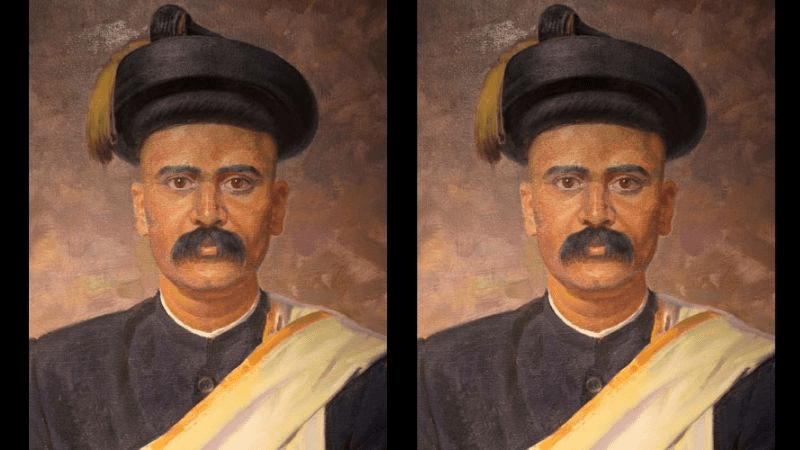

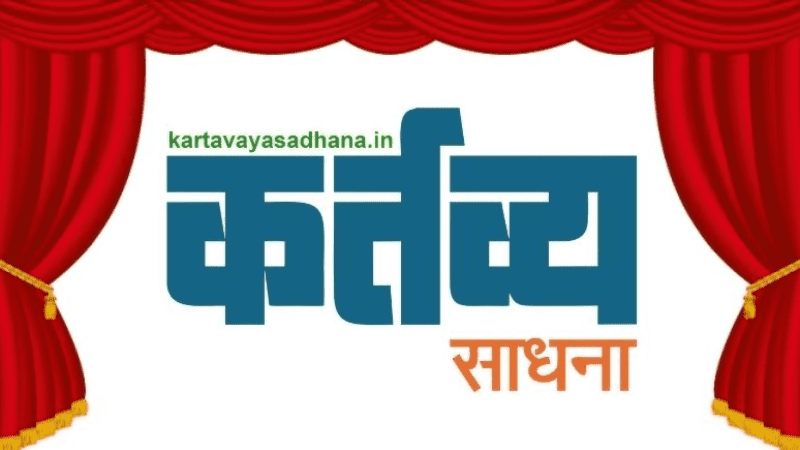

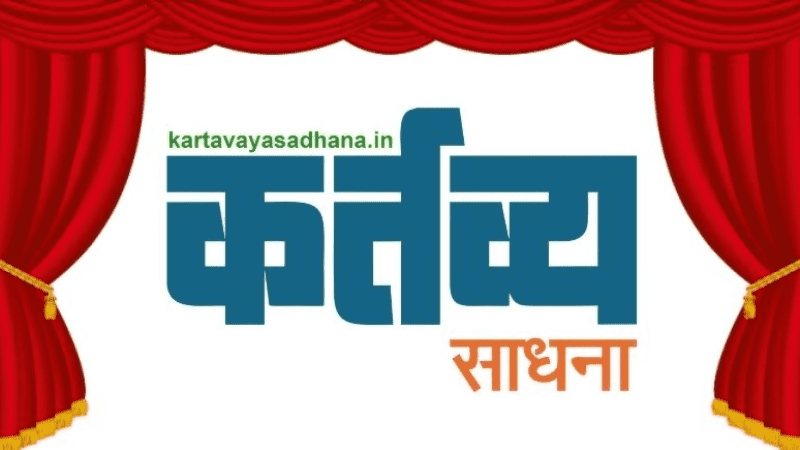
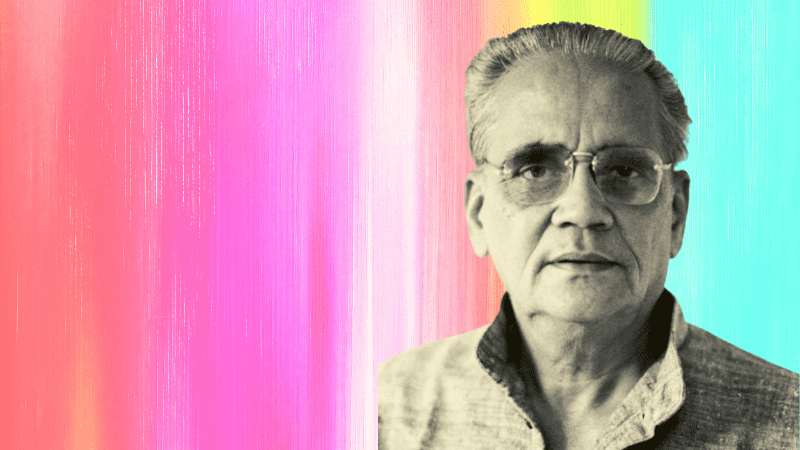
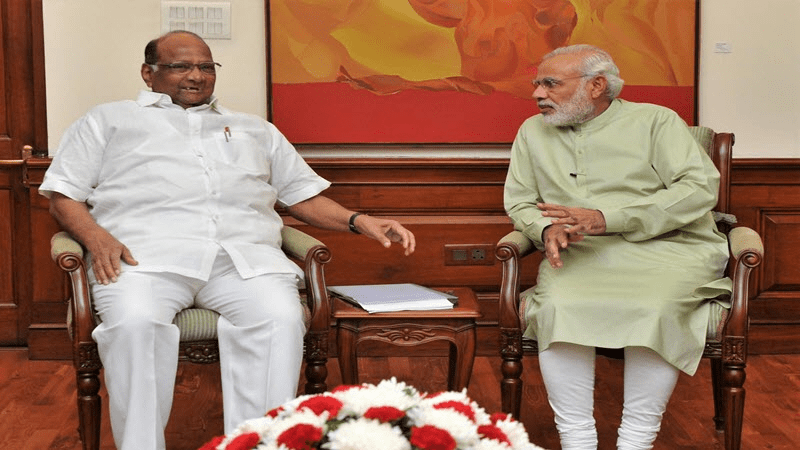
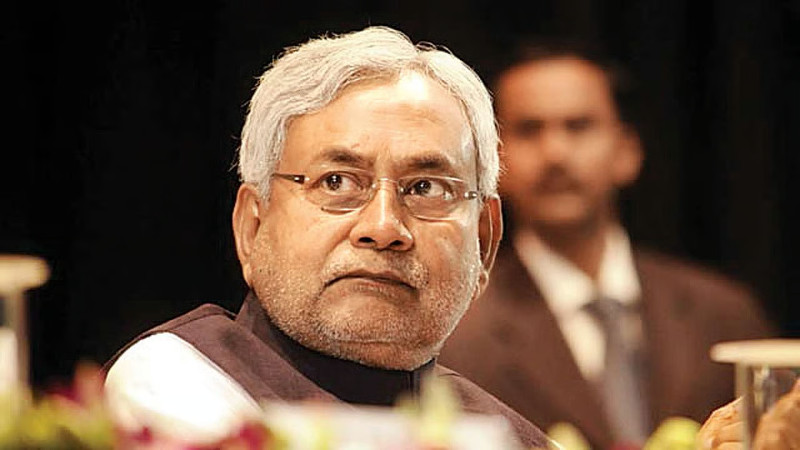


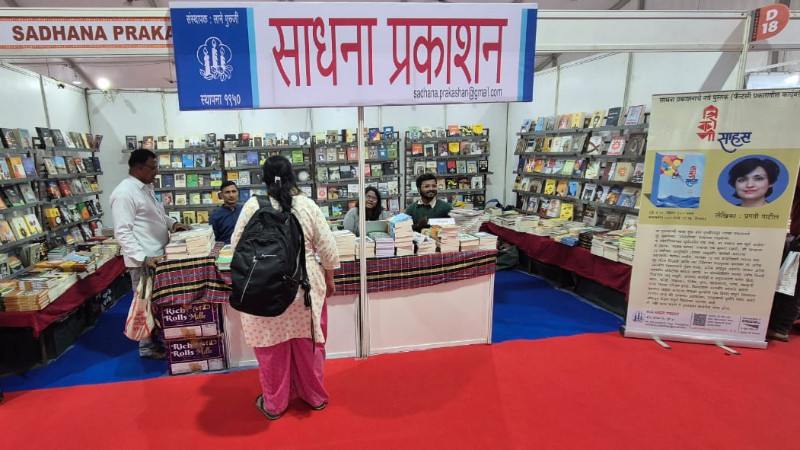
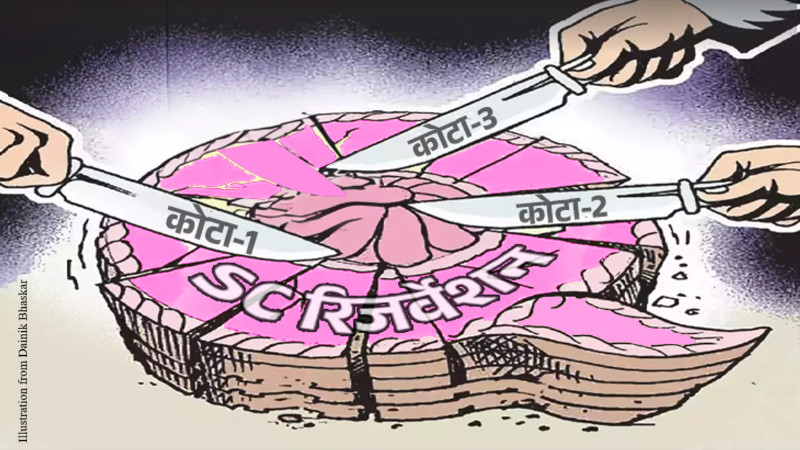
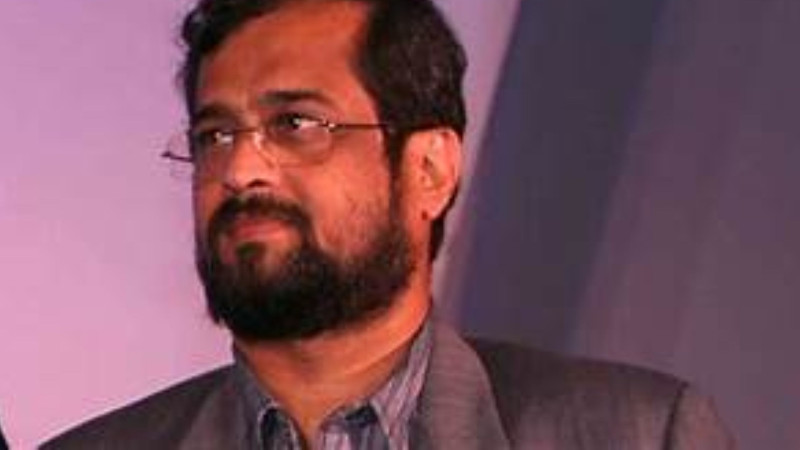
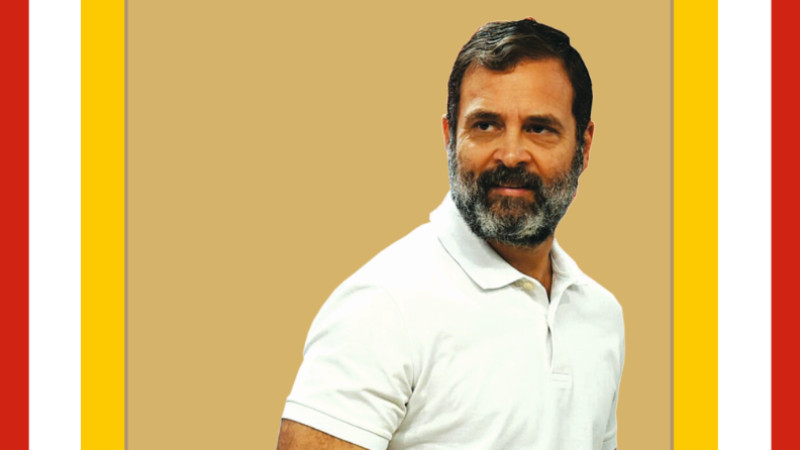
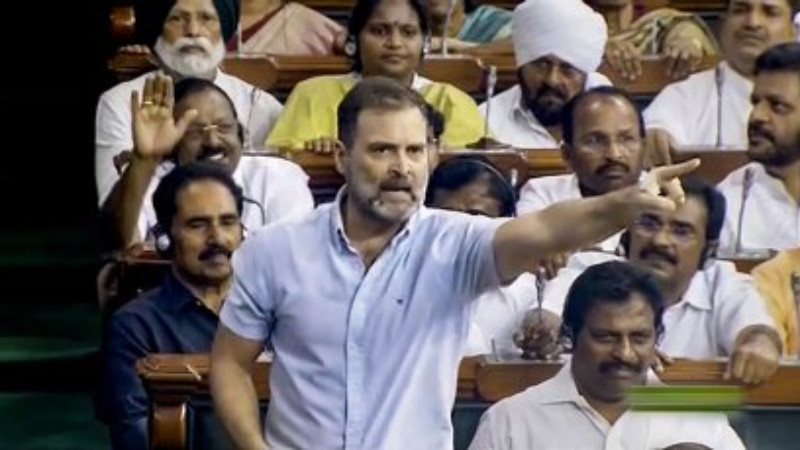

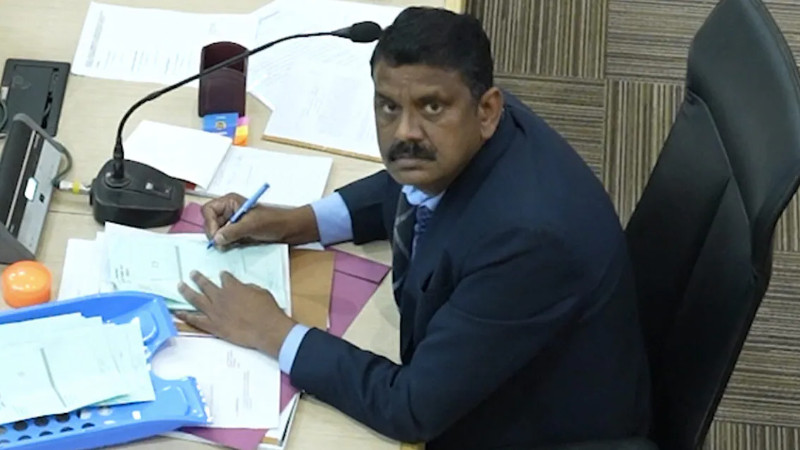
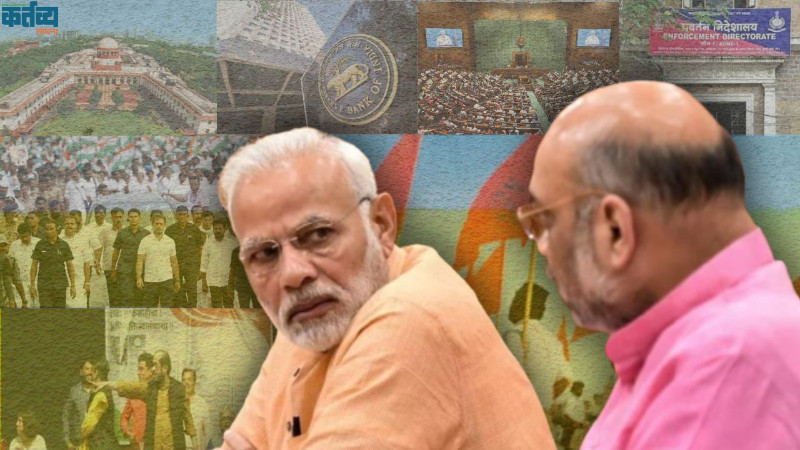
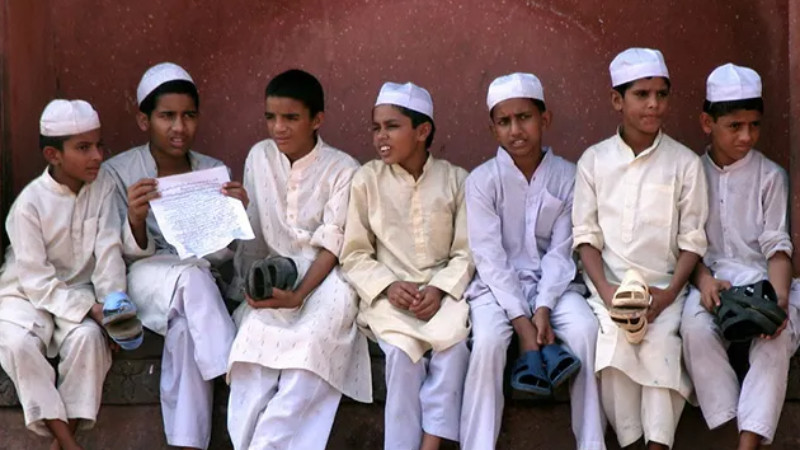
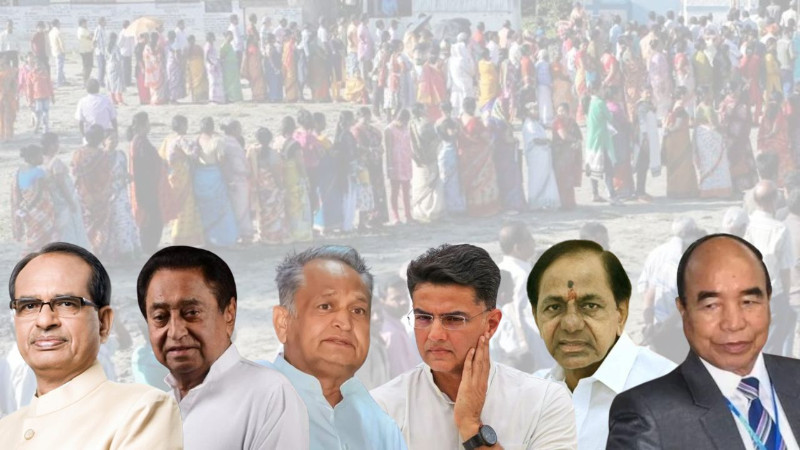
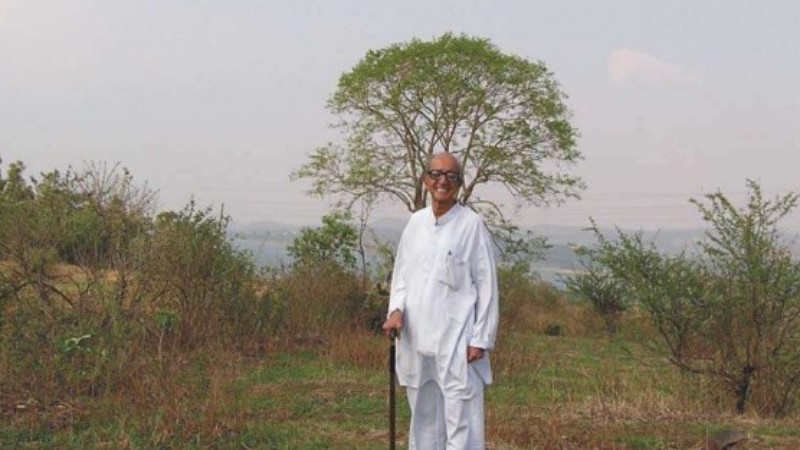
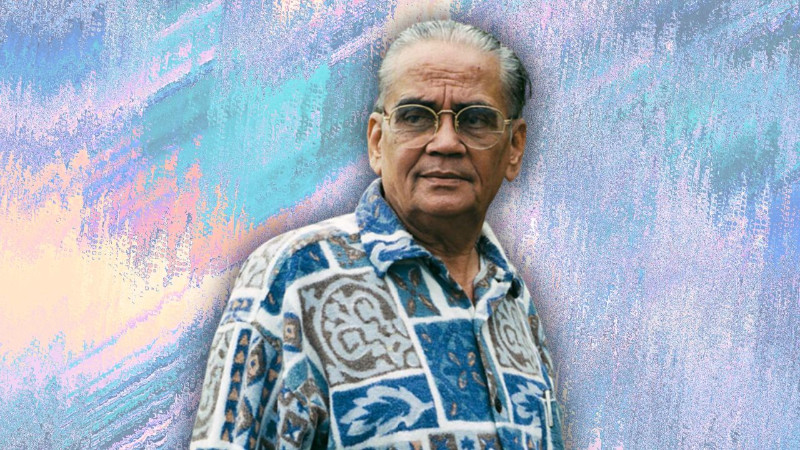
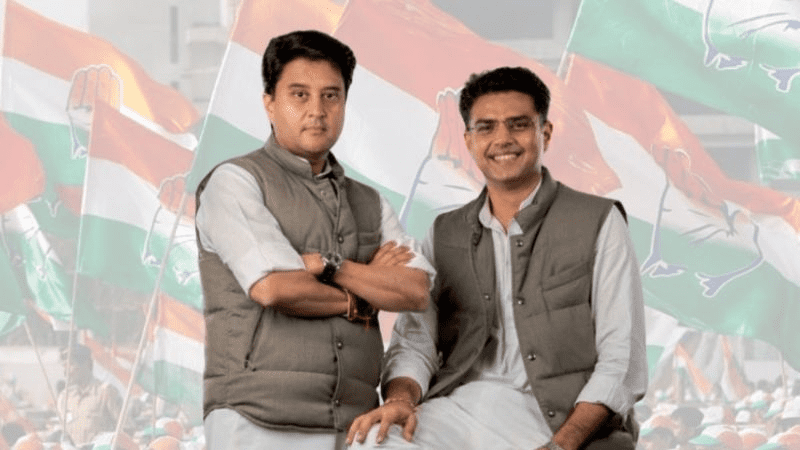

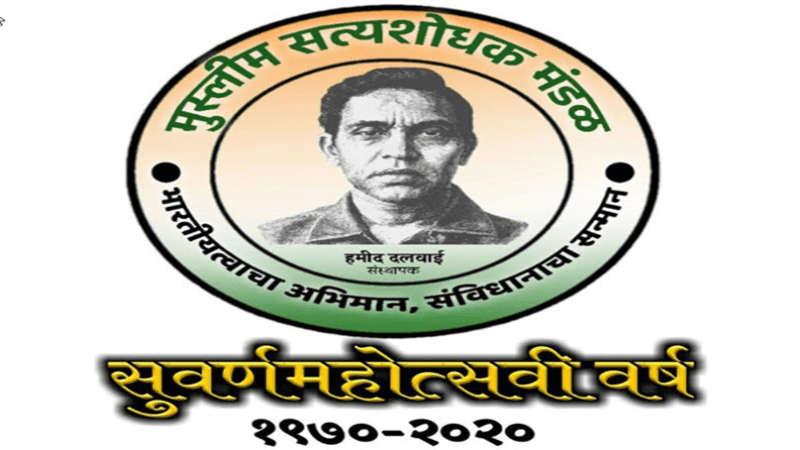

























Add Comment